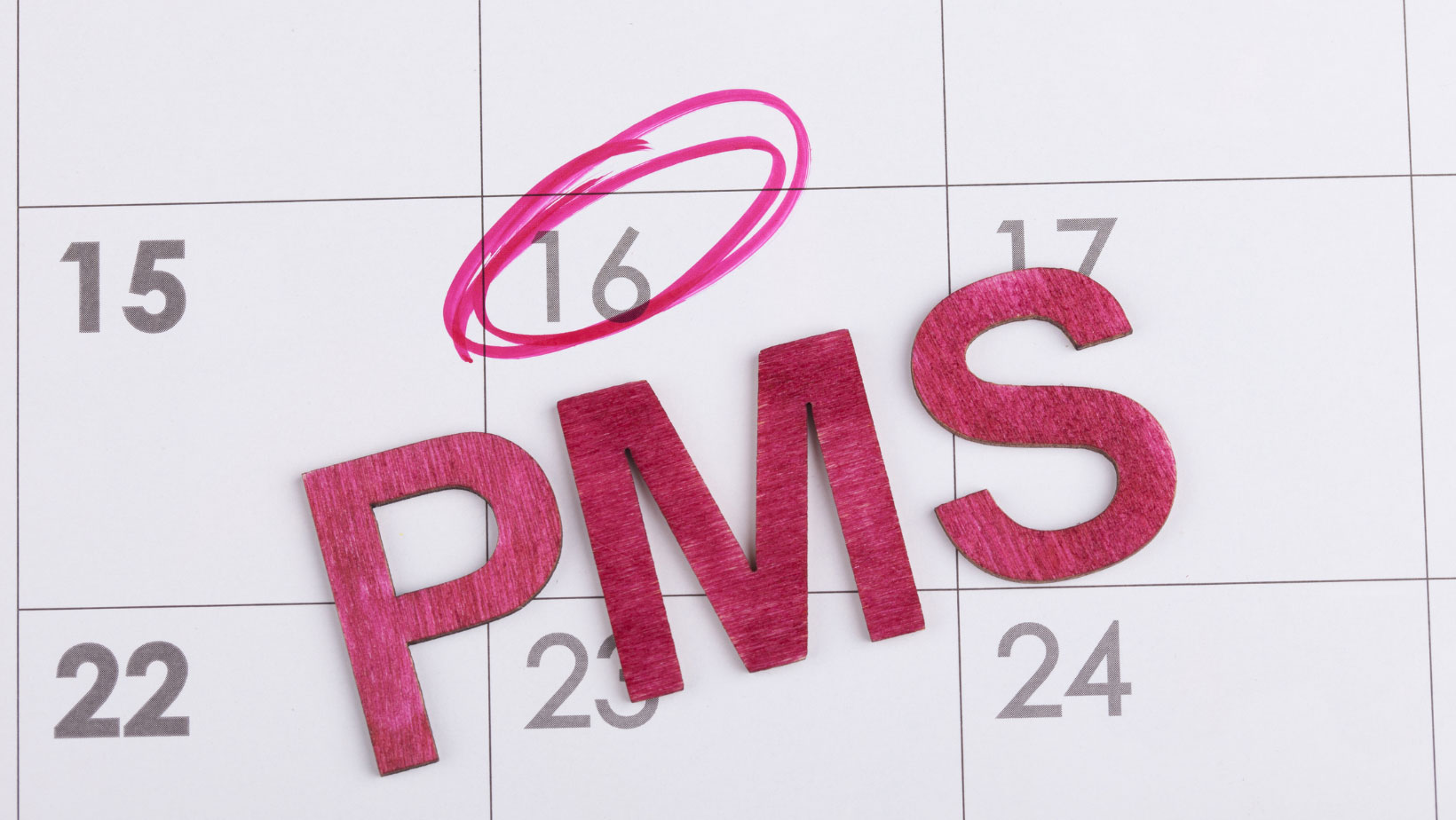
Premenstrual Syndrome (PMS) is a condition that affects many women during their menstrual cycle. Symptoms can vary from mild to severe, including physical, emotional, and behavioral changes. If you are experiencing PMS symptoms, knowing what to do about them can be difficult. This comprehensive guide will provide you with all the information you need to understand PMS and how to mitigate symptoms.
Symptoms of Premenstrual Syndrome (PMS)
Premenstrual syndrome has many potential symptoms, but most women only encounter a few of these issues. The emotional and behavioral warning signs and symptoms include tension and anxiety, feeling down, crying fits, mood changes, irritation, or rage, changes in appetite and food desires, difficulty falling asleep (insomnia), social isolation, inadequate focus, and altered libido. The physical signs and symptoms include muscle or joint pain, headache, fatigue, fluid retention-related weight gain, stomach bloating, breast sensitivity, flare-ups of acne, constipation or diarrhea, and alcohol sensitivity.
The physical discomfort and emotional stress can be so severe that it interferes with daily life. Regardless of the severity of the symptoms, most women’s signs and symptoms go away within four days following the start of their menstrual cycle. A small minority of women with premenstrual syndrome suffer problematic symptoms every month. The name of this type of PMS is premenstrual dysphoric disorder (PMDD). Depression, mood swings, rage, anxiety, feeling overburdened, difficulty concentrating, impatience, and tension are some of the indications and symptoms of PMDD.
(Mayo Clinic)
Causes of PMS
Even though PMS is widespread, experts are unsure of its specific cause. Your body’s chemistry probably changed around your menstruation, which is perhaps why. While not the reason, some illnesses have an impact on PMS. PMS can be aggravated or brought on by smoking, being stressed out a lot, avoiding exercise, getting insufficient rest, consuming too much alcohol, eating excessive salt, red meat, or sugar, and being downhearted. If a woman has other health issues, she can discover that those issues deteriorate before her period. Asthma, allergies, and migraines are a few of these. (WebMD)
Relief from PMS
There are numerous approaches to managing PMS. It’s comforting to know that you have the ability to assist yourself, even if you can’t completely repair things. These suggestions will improve your general health and could help you with some PMS symptoms.
- Get regular aerobic exercise every day during the month. Exercise can assist with symptoms like exhaustion, sadness, and attention problems.
- Most of the time, choose nutritious foods. Many PMS symptoms may be reduced by avoiding meals and beverages that contain caffeine, salt, and sugar in the two weeks before and to the start of your period.
- Obtain adequate rest. Sleep for a minimum of eight hours each night. Sleep deprivation has been related to melancholy and anxiety, and it can exacerbate PMS symptoms including moodiness.
- Look for good coping mechanisms for stress. Write in a journal or speak with friends. Yoga, massage, or meditation can also be helpful for some women.
- Avoid smoking. Women who smoked reported more PMS symptoms and worse PMS symptoms than women who did not smoke in one significant study.
Some women take supplements like their vitamin D for calcium, magnesium, folic acid, vitamin B-6, and vitamin E. Herbal medicines work for some PMS sufferers. See your doctor to ensure that any vitamins or supplements you take are safe for you before using them.
(Office on Women’s Health)
PMS is Manageable
Premenstrual syndrome is a common condition that affects many women. While it can be difficult to handle, there are various coping strategies available to control and manage the symptoms. Eating healthy, exercising regularly, getting enough sleep, reducing stress, avoiding smoking and certain foods, and taking vitamins or supplements may all help reduce the severity of PMS symptoms. Talk to your doctor if you are experiencing extreme PMS symptoms, as they can help you find the right treatment plan for you.
Works Cited
“Premenstrual Syndrome (PMS).” Mayo Clinic, Mayo Foundation for Medical Education and Research, 25 Feb. 2022, www.mayoclinic.org/diseases-conditions/premenstrual-syndrome/symptoms-causes/syc-20376780#:~:text=Premenstrual%20syndrome%20(PMS)%20has%20a,some%20form%20of%20premenstrual%20syndrome.
“Premenstrual Syndrome – What Is PMS? Physical and Emotional Symptoms.” WebMD, WebMD, www.webmd.com/women/pms/what-is-pms.
“Premenstrual Syndrome (PMS).” Premenstrual Syndrome (PMS) | Office on Women’s Health, www.womenshealth.gov/menstrual-cycle/premenstrual-syndrome.





